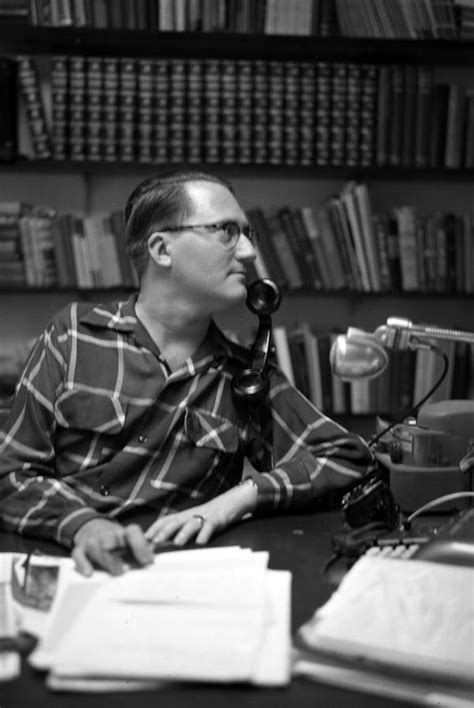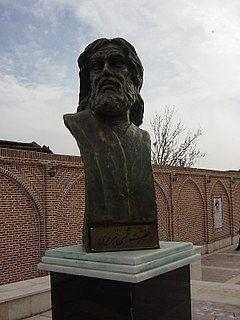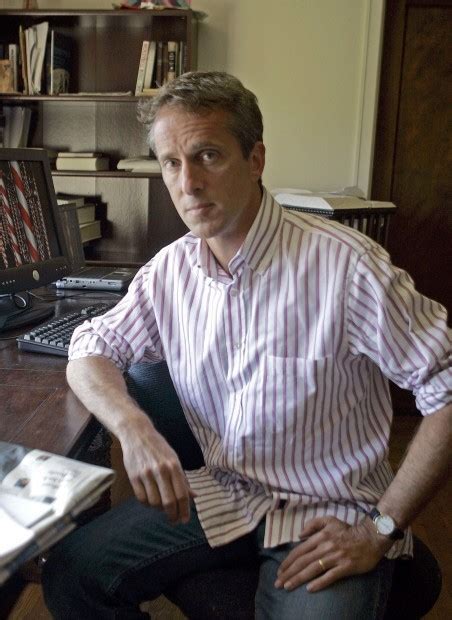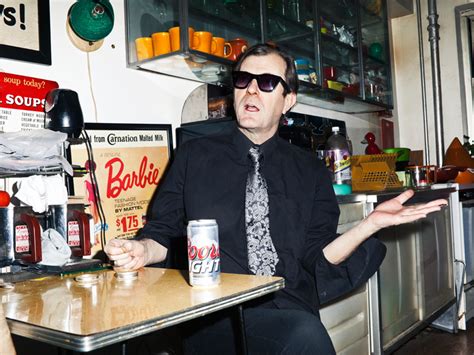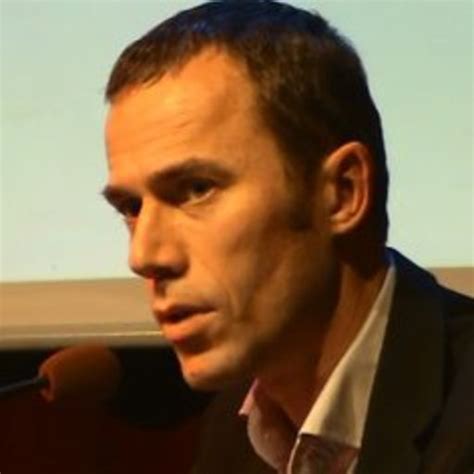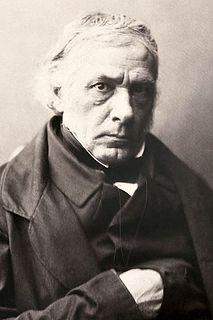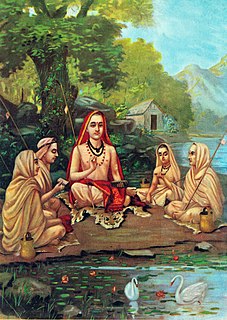A Quote by Russell Kirk
True conformity to the dictates of nature requires reverence for the past and solicitude for the future. 'Nature' is not simply the sensation of the passing moment; it is eternal, though we evanescent men experience only a fragment of it. We have no right to imperil the happiness of posterity by impudently tinkering with the heritage of humanity.
Related Quotes
The past is an interpretation. The future is on illusion. The world does not move through time as if it were a straight line, proceeding from the past to the future. Instead, time moves through and within us, in endless spirals. Eternity does not mean infinite time, but simply timelessness. If you want to experience eternal illumination, put the past and the future out of your mind and remain within the present moment.
But there's the rub. The present can never deliver one thing: meaning. The way of happiness and meaning are not the same. To find happiness, a man need only live in the moment; he need only live for the moment. But if he wants meaning--the meaning of his dreams, his secrets, his life--a man must reinhabit his past, however dark, and live for the future, however uncertain. Thus nature dangles happiness and meaning before us all, insisting only that we choose between them.
If you do the task before you always adhering to strict reason with zeal and energy and yet with humanity, disregarding all lesser ends and keeping the divinity within you pure and upright, as though you were even now faced with its recall - if you hold steadily to this, staying for nothing and shrinking from nothing, only seeking in each passing action a conformity with nature and in each word and utterance a fearless truthfulness, then the good life shall be yours. And from this course no man has the power to hold you back.
Nature is typified by strength; humanity by weakness. Nature adheres to an immutable order; humanity to an ever-increasing chaos. Nature recognizes no equality at any level of it's order; humanity preaches an all-prevasive equality and freely hands-out unearned "rights" in an attempt to make its doctrine a living reality. In short: humanity is Democratic, nature is Fascist.
The fundamental differences between Marxian and traditional orthodox economics are, first, that the orthodox economists accept the capitalist system as part of the eternal order of Nature, while Marx regards it as a passing phase in the transition from the feudal economy of the past to the socialist economy of the future.
Every sensation shares the same characteristic: it arises and passes away, arises and passes away. It is this arising and passing that we have to experience through practice, not just accept as truth because Buddha said so, not just accept because intellectually it seems logical enough to us. We must experience sensation’s nature, understand its flux, and learn not to react to it.
Mystical experience of nature can be of particular relevance to our troubled age, bringing deeper into our consciousness and emotions the logic that nature sustains humanity as humanity must, in turn, sustain nature. Rationality alone, however, cannot be our guide in the task of restoring our environment. A spiritual connection to nature must inspire the emotional commitment that is the yin, complementing the yang of intellectual understanding.

